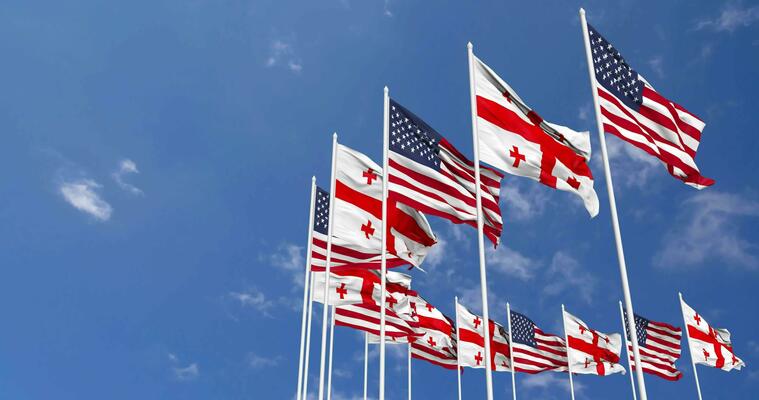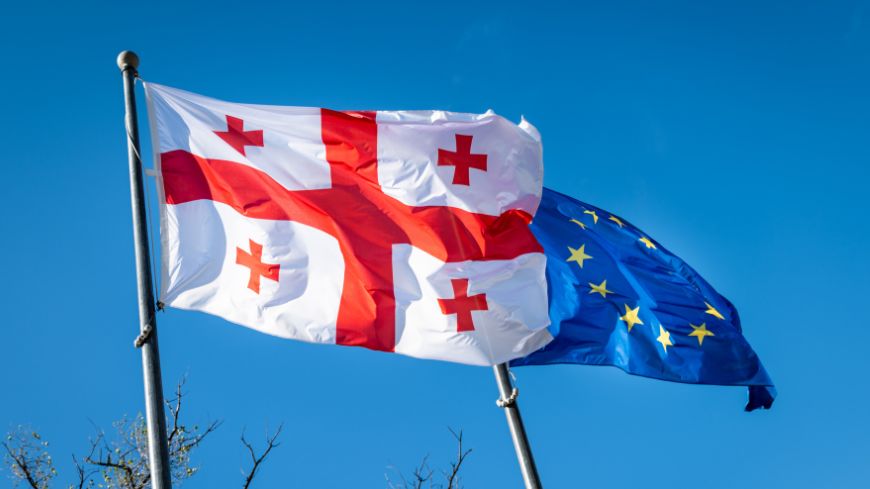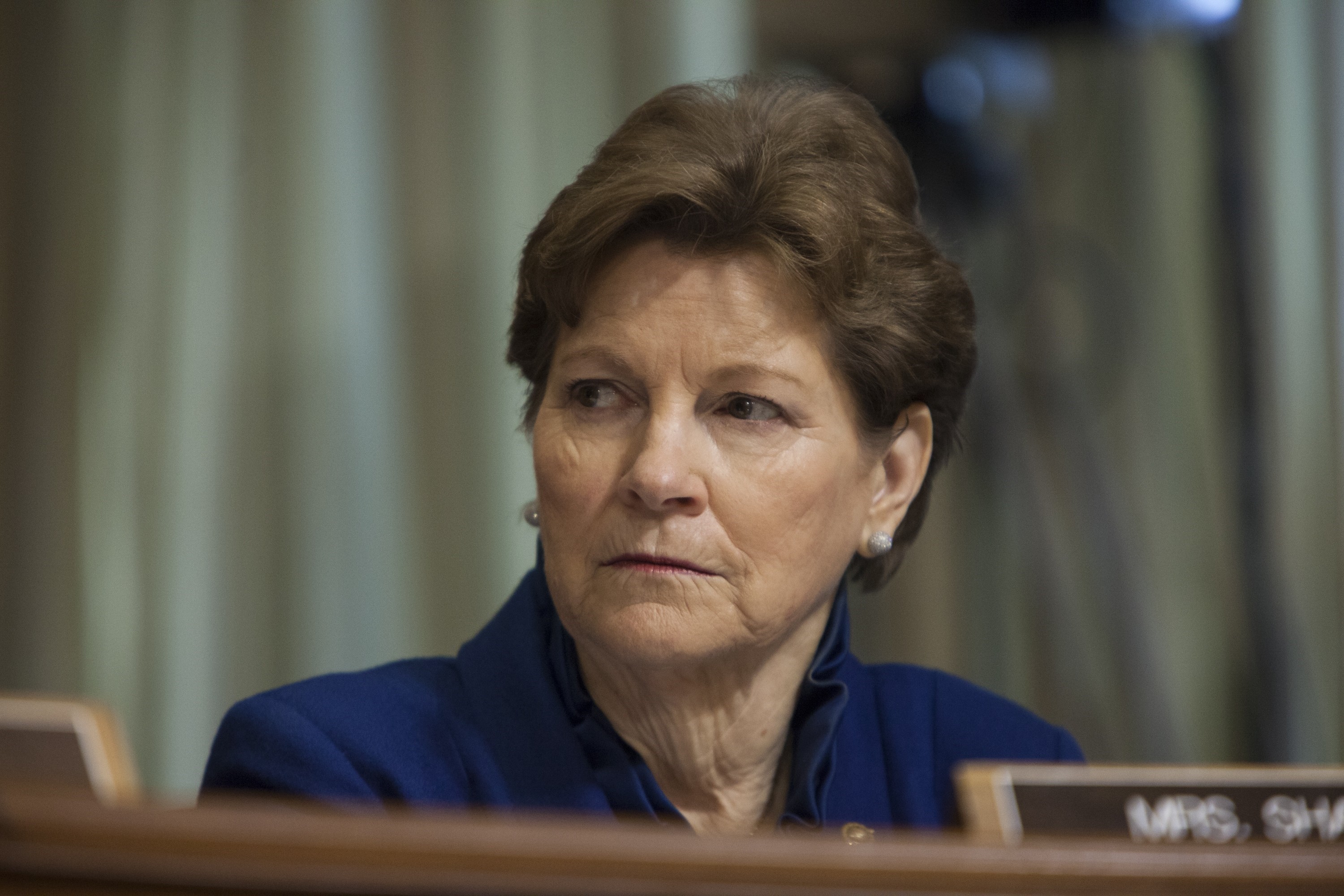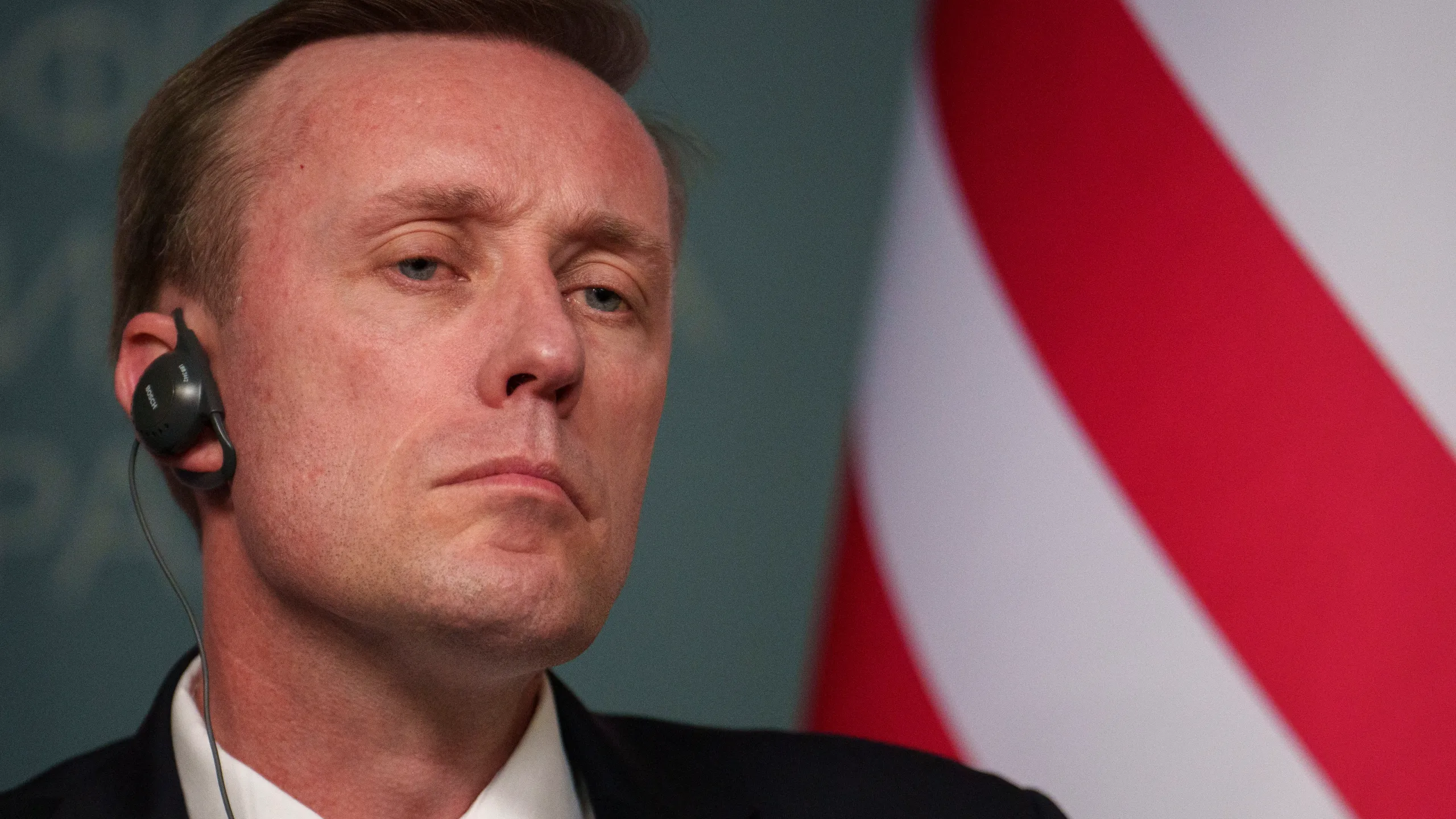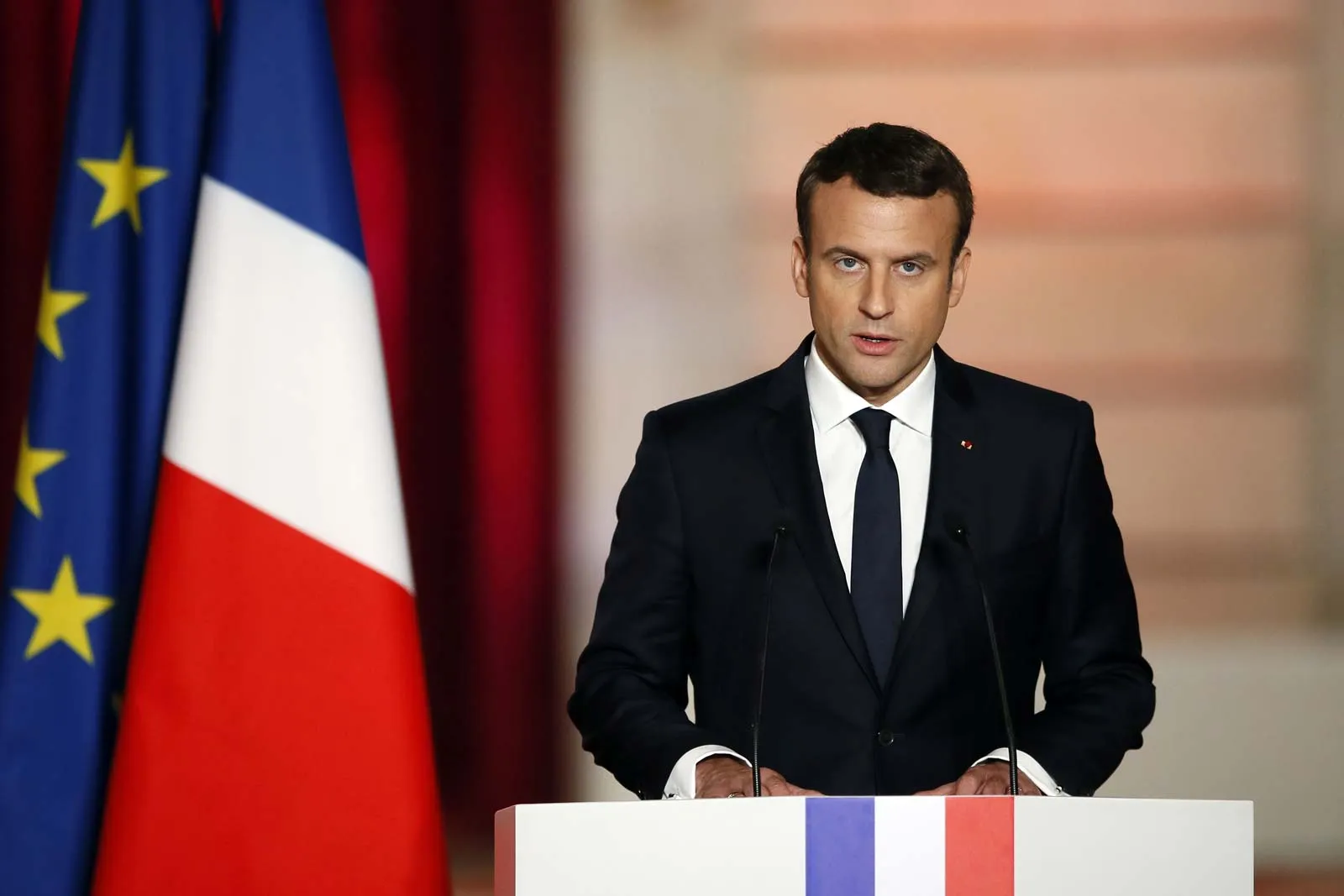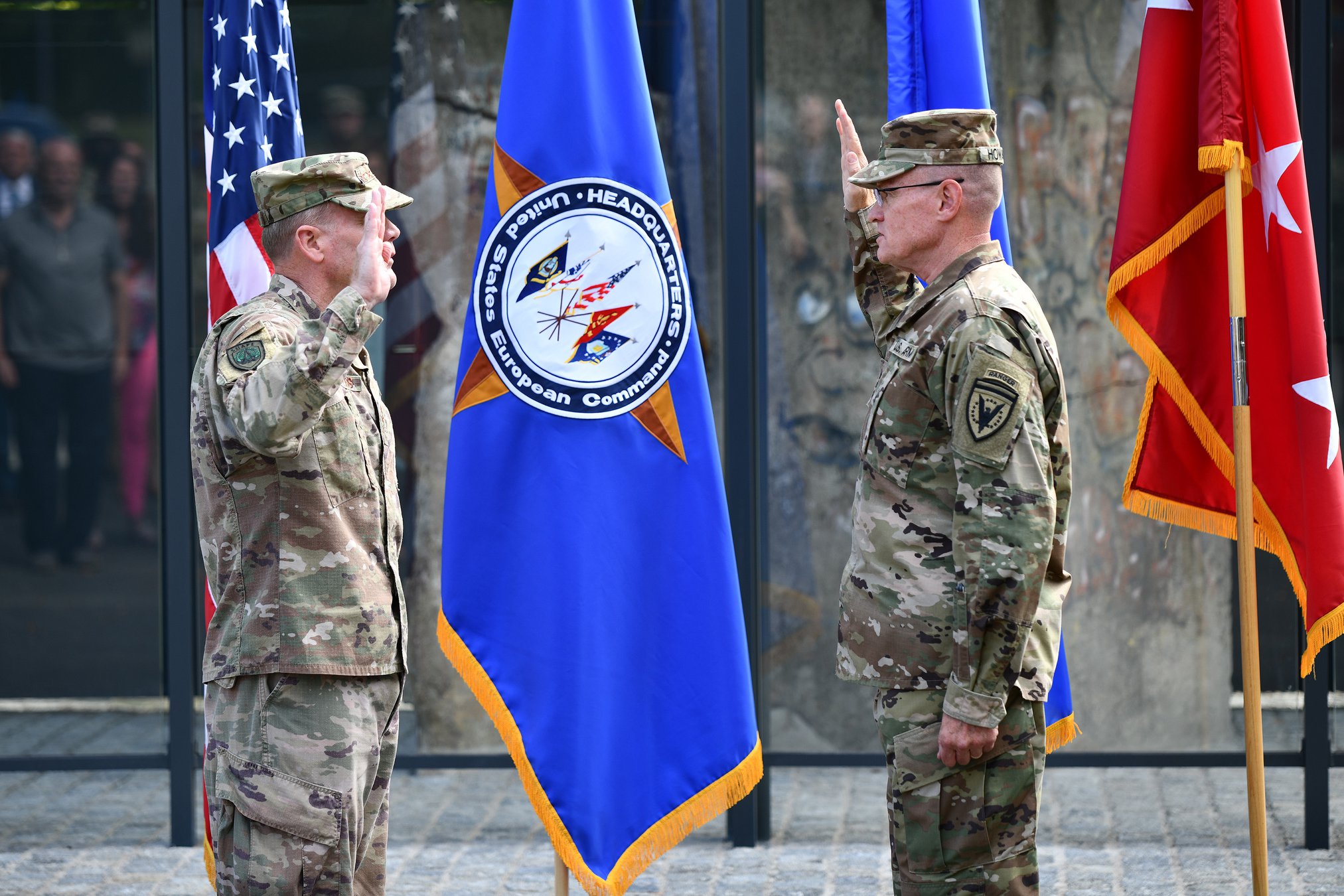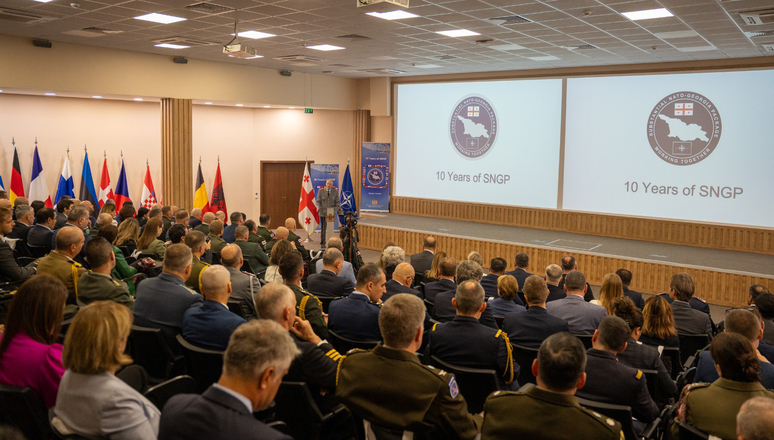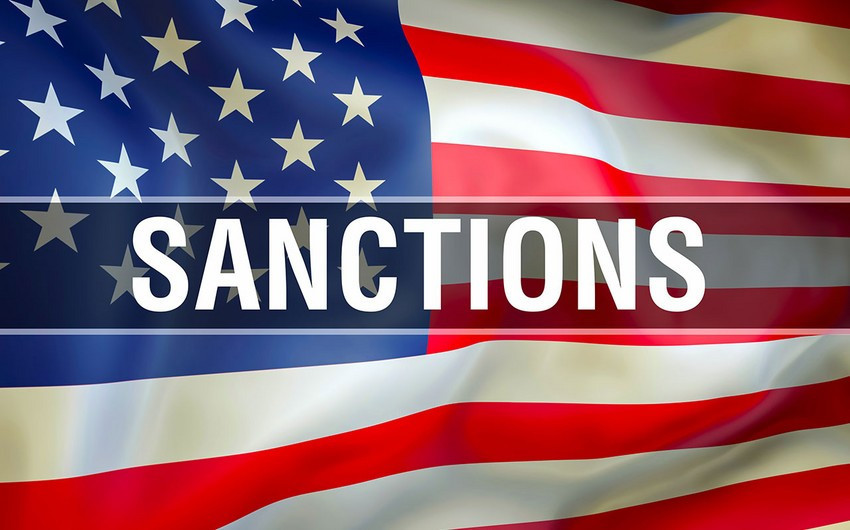U.S. Suspends Strategic Partnership with Georgia
Mathew Miller, the U.S. State Department Spokesperson stated that U.S. suspended Strategic Partnership with Georgia. The decision comes after the ruling GD’s decision to unilaterally suspend EU accession negotiations. Miller writes: “U.S. with EU regrets Georgian Dream’s decision to suspend EU accession. We condemn excessive force used against Georgians rightfully protesting this betrayal of their constitution—EU is a bulwark against Kremlin.” The strategic partnership, reaffirmed in the US-Georgia Charter on Strategic Partnership, was signed on 9 January 2009. The first meeting of the Strategic Partnership Commission, held on in June 2009, established four bilateral working groups on priority areas identified in the Charter: democracy, defense and security; economic, trade and energy issues; and people-to-people and cultural exchanges. In April 2023, the US imposed sanctions on judges, as well as Bidzina Ivanishvili’s crony and former Prosecutor General Otar Partskhaladze. It also imposed visa restrictions on GD officials and individuals responsible for Georgia’s democratic backsliding and human rights violations. Meanwhile, two bills – the Georgian People’s Act and MEGOBARI – have been introduced in the US Congress, providing for further steps and measures, including sanctions, in response to the „GD’s anti-democratic policies.“
CoE Congress of Local and Regional Authorities Declaration on Situation in Georgia
On December 5, the Bureau of the Congress of Local and Regional Authorities of the Council of Europe adopted a Declaration after a meeting in Strasbourg, expressing its concern on the situation in Georgia following the government’s decision to suspend accession negotiations with the EU. The Declaration “condemns in this regard the violent handling of peaceful demonstrations protesting this decision, and, in line with the call of the Council of Europe Commissioner for Human Rights, reiterates the need for effective protection of human rights and fundamental freedoms – including freedom of assembly.” The Bureau calls on all parties “to exercise restraint and seek a solution to the situation through constructive political dialogue,” and “condemns in particular the violence currently being committed in Georgia against locally elected representatives.” The Declaration emphasizes that as a member of the Council of Europe, Georgia is “obliged to respect democratic values, the rule of law and human rights,” which is a binding obligation for Georgia if it wishes to remain a member of the Council of Europe. The statement notes that “…the government’s decision adds to the increasing concerns regarding the Georgian authorities’ commitment to upholding European democratic principles and to moving towards a European future based on shared values of democracy, human rights, and the rule of law at all levels of government.” The Declaration references an earlier call for Georgia to return to the path of democratic consolidation and reaffirms the importance of reforms aligned with Council of Europe standards, particularly in strengthening local self-government as outlined in the European Charter of Local Self-Government. The Bureau further reiterates the call on the Georgian authorities to refrain from taking any actions that would further polarize society, threaten political pluralism, infringe on human rights or undermine the foundations of democracy.
US will prohibit visas for Georgian officials for 'undermining democracy'
The U.S. will prohibit the issuing of visas for about 20 people responsible for "undermining democracy in Georgia," including government ministers, parliament members and security officials, the State Department said on Thursday. The department's statement did not name the people who would be prohibited from receiving U.S. visas. Hundreds of people have been arrested in Georgia since nightly protests broke out almost two weeks ago against a decision by the ruling Georgian Dream party to delay the country`s longstanding goal of joining the European Union. "The United States strongly condemns the Georgian Dream party's ongoing, brutal, and unjustified violence against Georgian citizens, including protesters, members of the media, human rights activists, and opposition figures," the State Department said. It added the department was "preparing additional actions, including sanctions, to hold to account those who undermine democracy in Georgia."
„It’s very hard to see how [Georgia] continues as a democracy if the elections aren’t free and fair“ - Sen. Jeanne Shaheen discusses her recent trip to Georgia
Sen. Jeanne Shaheen of New Hampshire is a senior member of several key committees, including Appropriations, Armed Services, and Foreign Relations, where she chairs the Subcommittee on Europe and Regional Security Cooperation. In August, she traveled with House Intelligence Committee Chairman Mike Turner to the Republic of Georgia, where she raised concerns about Russian influence and democratic backsliding in the country. She spoke to Cristina Maza recently about her trip and U.S. concerns about Georgia’s democratic trajectory, including the country’s passage in May of a foreign-agents law that was met with widespread protests. This interview was edited for length and clarity. During your recent trip to Georgia, you met with officials, including the prime minister and the president, and you raised concerns about the foreign-agents law that Georgia recently passed. Could you explain why the law is such a problem? We have been expressing our concern about the law since the first time it was introduced over a year ago. We’ve heard from civil society groups, and we had a chance to meet with a number of those again on this trip, including many that are involved in election monitoring and are concerned with making sure we have a free and fair election in Georgia in October. What we heard from those groups is their concern that they will not be able to operate in the country after this law [is implemented]. It mirrors a similar law that was passed in Russia that led to the exodus of so many civil society groups from Russia. And we’re seeing the same thing happen in Georgia. We’ve also heard from the [European Union] that the law is not consistent with the EU’s requirements for membership, so it has raised real red flags in terms of Georgia’s application for candidacy within the EU. When you speak with Georgia’s prime minister, Irakli Kobakhidze, whose Georgian Dream party has pushed this law through, what reasons does he give you and other members of Congress for why they are implementing this despite its unpopularity? They claim it’s for transparency, that they want to keep track of what’s going on. But that’s not really what's going on. It’s about clamping down on civil society. It’s about opposing any dissent at all. One thing that the prime minister said to us when we met with him—we were talking about the relationship with the United States and our concern about the deterioration of the relationship and the unwillingness of the Georgian Dream government to address the concerns that have been expressed—and his one request was that we stop funding all civil society organizations that might be critical of the Georgian Dream government. Congressman Turner was very clear. He said, “That’s what a democracy is about.” It’s not about shutting down dissent and disagreement. It’s about recognizing that there will be criticism of what you do. That’s part of what a democracy is about. So it’s even more distressing to see that since our visit, the government is talking about disbanding all opposition parties. They’re basically talking about becoming an autocracy. They want to be a dictatorship, not a democracy. How concerned are you about the October elections? Is there a way for Georgia to continue to be a democracy if these upcoming elections aren’t free and fair? Sadly, what we’re seeing are more and more moves toward backsliding on their democracy, and doing it in a way that is not consistent with what the people in the country want. I think it’s very hard to see how [Georgia] continues as a democracy if the elections aren’t free and fair. We’ve expressed our concern about that in our meetings with the defense minister, the prime minister, and the foreign minister. We also met with President [Salome] Zourabichvili, who shares the concerns we have expressed. What we heard was, “No, no, we’re going to allow domestic observers. We’re going to allow the elections to go forward. We’re focused on making sure they’re free and fair.” But every statement that seems to be coming out of the government is not consistent with that. I understand you also visited the separation line with South Ossetia–a part of Georgia that claims to be independent and is supported by Russia–during your trip. What did you see there? What can you describe about the situation on the ground now? Well, it’s hard to understand why the country is mirroring Russian laws when the Russian Federation is occupying 20 percent of its territory and it’s encroaching more and more on Georgian territory. We visited the administrative boundary line with South Ossetia. What we heard was real concern about the people of Georgia who were in that province, about their treatment, about the lack of benefits and support that they were able to get, health care in particular, because they were inside the administrative boundary line. We had a chance to meet with some students in the Gori area who are part of a program that we’re helping to fund. A number of them talked about their families being divided, some being stuck inside South Ossetia, and others who had to flee because of the Russian occupation. We talked about the concerns that’s created for the families and the hardship. I appreciate that Georgia is in a difficult geography. But it’s hard to understand why they think their future is going to lie with Russia when Russia is occupying their territory. And what we heard is real concern about the potential for Russia to take even more territory. The United States paused about $95 million in assistance to the Georgian government in May. How could that potentially change the country's direction? There is an assessment going on now about our policy toward the Georgian government. Whether we’re going to reinstate that funding depends on that assessment. We also suspended our military exercises, and we heard from the defense minister real concern about that and the message that sent to the Georgian people. But as we said to both the defense minister and the prime minister, it’s hard for us to be able to justify bringing troops in and doing military exercises with a government that’s claiming the United States is trying to overthrow your government. You have this conspiracy theory that the United States is trying to overthrow the government. We don’t want to do anything that’s going to contribute to that conspiracy theory. You put forward a bipartisan bill in May called the Georgian People’s Act. It aims to hold government officials accountable for corruption, human rights abuses, and undermining democracy. What incidents of corruption and human rights abuses are you most concerned about, and what are the prospects for the bill’s passage? There are a number of provisions from the bill that are in the [annual National Defense Authorization Act], so our hope is that the major provisions, including the sanctions, are going to go forward. We’re waiting to get sign-off from the banking committee on the sanctions provisions that are there. We’re very concerned about this foreign-agents law and other efforts to tamp down civil society. We’re concerned about whether this is going to be a free and fair election, and we’re concerned about what appears to be an orchestrated effort on the part of the Georgian Dream to go after dissidents who don’t agree with the policies of the government. We spoke with a number of people who had been beaten because they were willing to speak out against the government. We’re hearing, on a number of fronts, real concern about what this government is doing and their repression of their citizens.
Sullivan: The future of Georgia should be up to the Georgian people to decide in a free and fair process
U.S. National Security Advisor Jake Sullivan reiterated U.S. concerns about Georgia’s election process on October 23. He spoke about Georgia while answering Globalnew.ge‘s question at the Brookings Institution in Washington, where Sullivan delivered a speech on President Biden’s international economic strategy and vision. “We’ve made our concerns very clear about the trajectory of democratic institutions and the electoral process in Georgia, and we remain very concerned about it. Ultimately, the future of Georgia should be up to the Georgian people to decide in a free and fair process. I don’t think anyone in Georgia wants to mortgage their country to any other country, including the PRC,” – Jake Sullivan said. Georgian Prime Minister Irakli Kobakhidze responded to Sullivan’s statement by saying that Georgia has a 3,000-year history in which no one has “not only dared to mortgage Georgia, but even to use such terminology.” Kobakhidze said that after the elections and the war in Ukraine, relations with the U.S. will be reset, and “no one will dare to tell Georgia that it must go into the forest like a partisan and fight for global interests from there.” On May 23, Secretary of State Blinken announced a visa restriction policy for undermining democracy in Georgia and as well a comprehensive review of all US-Georgia cooperation. Restrictions target individuals responsible for suppressing civil society and freedom of peaceful assembly in Georgia through violence or intimidation. Later on July 5, the U.S. Department of Defense announced the indefinite postponement of the Noble Partner exercise in Georgia scheduled for July 25-August 6 this year. According to the statement, the decision was made after the U.S. initiated a comprehensive review of U.S.-Georgia bilateral relations. On September 16 U.S. Department of the Treasury sanctioned two Georgian officials- Head of MIA’s Special Task Department Zviad Kharazishvili (Khareba) and his deputy Mileri Lagazauri as well as two others- Konstantine Morgoshia and Zurab Makharadze, both radical right-wing figures associated with the violent Alt-info movement, for “serious human rights abuses” for their role in brutal crackdowns on anti-foreign agent protesters” and for “violent attacks on Georgians exercising their freedom of peaceful assembly.” The U.S. State Department also imposed visa restrictions on more than 60 Georgian individuals and their family members “responsible for, or complicit in, undermining democracy in Georgia.” The State Department said it is also taking additional steps to impose visa restrictions on more than 60 Georgian individuals and their family members responsible for, or complicit in, undermining democracy in Georgia. The press release says that these individuals include “senior government and municipal figures who abused their power to restrict the fundamental freedoms of the Georgian people, business leaders involved in corrupt practices, persons who have spread disinformation and promoted violent extremism, members of law enforcement who were involved in the beating of protesters, and members of parliament who played a critical role in advancing undemocratic legislation and restricting civil society.” State Secretary Blinken notes that the U.S. remains concerned about human rights abuses and anti-democratic actions in Georgia, and will continue to consider additional actions in response. “The United States unequivocally supports the rights of Georgians to assemble, speak, and peacefully protest without fear of violence, intimidation, or suppression,” states the statement of State Secretary Blinken.
French President: The Georgian government's drift leads to interruption of EU accession
“The Georgian government’s drift is leading to an interruption of the accession process,” said the President of France, Emmanuel Macron. According to the French President, the Georgian people will decide their future in the upcoming parliamentary elections. „We expressed our concerns about the situation in Georgia, where the government’s drift is leading to a de facto interruption in the accession process and where the Georgian people will have to express themselves in a few days,“ Macron said. On October 17, the European Council issued the conclusions of its meeting, reiterating its “serious concern regarding the course of action taken by the Georgian government, which runs counter to the values and principles upon which the European Union is founded” and reaffirming its support towards Georgian people’s EU aspirations. The European Council noted that “such a course of action jeopardises Georgia’s European path, and de facto halts the accession process,” and called on Georgia “to adopt democratic, comprehensive and sustainable reforms, in line with the core principles of European integration.” The Council stressed that it would continue monitoring the situation in Georgia closely. “The European Council expects the upcoming parliamentary elections to be free and fair, in line with international standards and with unhindered access for international and domestic election observers. The European Council stresses the need to protect a free, independent and pluralistic media,” emphasized the Council in its meeting conclusions. In addition, the Council also reaffirmed EU’s “unwavering support for Georgia’s sovereignty, independence, and territorial integrity within its internationally recognised borders,” and underlined the European Union’s “continued commitment to peaceful conflict resolution and its policy of non-recognition and engagement.”
USEUCOM: Georgia actively contributes to regional stability
The United States Embassy in Bucharest and U.S. European Command (EUCOM) hosted senior U.S. policymakers in Bucharest, Romania, January 22-23, to discuss U.S. foreign policy and diplomatic efforts, and security interests in the Black Sea Region. Senior U.S. diplomats, military leaders, and ambassadors engaged on critical security topics including Russia’s war against Ukraine, increased maritime mobility in the Black Sea Region, and regional plans for deterrence and defense. According to EUCOM speaking with Europetime „Georgia actively contributes to regional stability through its involvement in NATO initiatives and exercises, leveraging its strategic location in the South Caucasus to safeguard energy routes and address security challenges.“ „The Department of Defense maintains strong security ties with Georgia's Ministry of Defense and the Georgian Defense Forces. Georgia actively contributes to regional stability through its involvement in NATO initiatives and exercises, leveraging its strategic location in the South Caucasus to safeguard energy routes and address security challenges. This partnership benefits NATO and Europe by providing a reliable partner that promotes security, stability and shared values in a complex geopolitical environment. For all questions related to foreign policy and diplomatic efforts in the Black Sea region, the U.S. Embassy in Georgia, and Ambassador Dunnigan, we would kindly refer you to the Embassy's Public Affairs team,“ U.S. European Command's public affairs office told Europetime. According to USEUCOM, the discussion in Bucharest advanced efforts by U.S. Defense and State Department leaders to merge strategic initiatives and interagency coordination to counter threats and strengthen partnerships. Attendees included U.S. Assistant Secretary for European and Eurasian Affairs James O’Brien, Ambassador to Ukraine Bridget Brink, Ambassador to Georgia Robin Dunnigan, Ambassador to Türkiye Jeffrey Flake, Ambassador to Armenia Kristina Kvien, Ambassador to Azerbaijan Mark Libby, Ambassador to Moldova Kent Logsdon, Ambassador to the Russian Federation Lynne Tracy, and U.S. Deputy Chief of Mission to Bulgaria Andrea Brouillette-Rodriguez. Chiefs-of-mission conferences facilitate strategic discussions among U.S. diplomatic and defense leaders to formulate strategic initiatives to further U.S. foreign policy and national security. “The Black Sea is crucial for global peace and stability, and its importance is only expected to increase in the coming years,” U.S. Ambassador to Romania Kathleen Kavalec said. “It is a vital export transit route, and its interconnectors facilitate trade and energy flows between Europe, Eurasia, and the Middle East, making it a crucial economic hub.” “Russia’s war against Ukraine is the most significant conflict in Europe since World War II, and today’s biggest threat to international order,” Kavalec cautioned. “Such an attack on the international order anywhere affects peace and stability everywhere including in the Black Sea region.” “Russia’s invasion of Ukraine altered the security environment in the Black Sea Region,” said Cavoli. “The region is of critical geostrategic importance to USEUCOM, our Allies and our partners. This conference brought together America’s diplomatic and military leaders with a focus on advancing the collective territorial security of the Black Sea Region.” The conference gathered senior Department of State policymakers, U.S. ambassadors to countries in the Black Sea region, and EUCOM leadership to discuss strategies to support to U.S. allies and partners in the region. Romanian Minister of Foreign Affairs Luminita Odobescu and Minister of Defense Angel Tilvar joined the group for an informative briefing and productive discussion.
Efforts are underway to position DIBS as a leading centre for capacity-building across the broader Black Sea region - NATO
Georgia and NATO marked the 10th anniversary of the Substantial NATO-Georgia Package (SNGP) at the NATO-Georgia Joint Training and Evaluation Centre (JTEC) near Tbilisi, on 17 September 2024, at a ceremony attended by senior officials from NATO and Georgia. Since its launch at the NATO Wales Summit in 2014, the Substantial NATO-Georgia Package has played a pivotal role in helping to build Georgia’s defence capacity, strengthen its resilience, and promote Georgian forces’ ability to operate effectively alongside Allied troops. Georgia’s Minister of Defence, Mr. Irakli Chikovani, underscored that the SNGP is a cornerstone of NATO-Georgia cooperation and brings Georgia closer to NATO. He highlighted tangible progress achieved in enhancing Georgia’s security and defence capabilities, and expressed appreciation for the support and contributions from NATO Allies and partners. NATO’s Deputy Assistant Secretary General for Operations, Ms. Burcu San, reaffirmed that the SNGP is a flagship of NATO-Georgia cooperation, highlighting its evolution and achievements. She also referred to NATO’s Strategic Concept of 2022, which upholds the decisions made at the 2008 Bucharest Summit regarding Georgia’s Euro-Atlantic aspirations and eventual membership in the Alliance. In this context, she emphasised the importance of Georgia’s adherence to NATO’s core values. Ms. San further reaffirmed NATO’s support to Georgia’s sovereignty and territorial integrity, within internationally recognised borders. She also noted that the South Caucasus and the Black Sea region are significantly impacted by Russia’s war of aggression against Ukraine and by Moscow’s other malign and destabilising activities. Major General Norbert Wagner, Commander of NATO’s Joint Force Training Centre, highlighted the strategic importance of the SNGP for strengthening Georgia’s defence and security capabilities and supporting its path towards NATO membership. Three major accomplishments of the SNGP were highlighted. First, the successful completion of the Acquisition initiative in December 2023. Launched in 2015, this initiative culminated with the Georgian Parliament’s adoption of new procurement laws, set to take effect on 1 January 2025. The initiative has delivered a modern, efficient, and accountable defence and security procurement system, fully aligned with international standards. Second, the Defence Institution Building School (DIBS) has been established and continues to develop. Following its NATO accreditation, DIBS is currently delivering NATO-standard training programmes designed to strengthen Georgia’s defence and security institutions. Efforts are underway to position DIBS as a leading centre for capacity-building across the broader Black Sea region. Finally, the NATO-Georgia Joint Training and Evaluation Centre focuses on enhancing interoperability, strengthening defence capabilities, and fostering national, regional, and international cooperation, and is further developing into a regional hub for military training and evaluation of best practices. During the ceremony, Mr. Aemal Bahadur was introduced as the new NATO SNGP Core Team Leader, succeeding Colonel Norbert Hess from Germany, who was honoured with the Georgian Ministry of Defence’s Noble Partner Medal for his contributions. During her visit, the Deputy Assistant Secretary General also held bilateral meetings with Deputy Minister of Foreign Affairs Mr. Teimuraz Janjalia, Deputy Minister of Defence Mr. Paata Patiashvili, and Allied Ambassadors accredited in Tbilisi.
U.S. sanctioned two Georgian officials
On September 16 U.S. Department of the Treasury sanctioned two Georgian officials- Head of MIA’s Special Task Department Zviad Kharazishvili (Khareba) and his deputy Mileri Lagazauri as well as two others- Konstantine Morgoshia and Zurab Makharadze, both radical right-wing figures associated with the violent Alt-info movement, for “serious human rights abuses” for their role in brutal crackdowns on anti-foreign agent protesters” and for “violent attacks on Georgians exercising their freedom of peaceful assembly.” The U.S. State Department also imposed visa restrictions on more than 60 Georgian individuals and their family members “responsible for, or complicit in, undermining democracy in Georgia.” Secretary of State Anthony Blinken’s press release states: “The United States is today imposing a broad array of accountability measures on a number of Georgian government officials and others who have undermined Georgia’s democracy and the human rights of the Georgian people.” It further reads: “The United States has imposed sanctions on two Georgian government officials—Ministry of Internal Affairs Special Task Department Chief Zviad “Khareba” Kharazishvili and one of his Deputies, Mileri Lagazauri—for their involvement in serious human rights abuse during the violent response to peaceful protests against the foreign influence law. We are also sanctioning two Georgian leaders of a violent extremist group, Konstantine Morgoshia and Zurab Makharadze, for serious human rights abuse, including violent attacks on Georgians exercising their freedom of peaceful assembly.” The four individuals are designated under the Cyber-Related and Global Magnitsky Designations. The State Department said it is also taking additional steps to impose visa restrictions on more than 60 Georgian individuals and their family members responsible for, or complicit in, undermining democracy in Georgia. The press release says that these individuals include “senior government and municipal figures who abused their power to restrict the fundamental freedoms of the Georgian people, business leaders involved in corrupt practices, persons who have spread disinformation and promoted violent extremism, members of law enforcement who were involved in the beating of protesters, and members of parliament who played a critical role in advancing undemocratic legislation and restricting civil society.” State Secretary Blinken notes that the U.S. remains concerned about human rights abuses and anti-democratic actions in Georgia, and will continue to consider additional actions in response. “The United States unequivocally supports the rights of Georgians to assemble, speak, and peacefully protest without fear of violence, intimidation, or suppression,” states the statement of the State Secretary Blinken.


